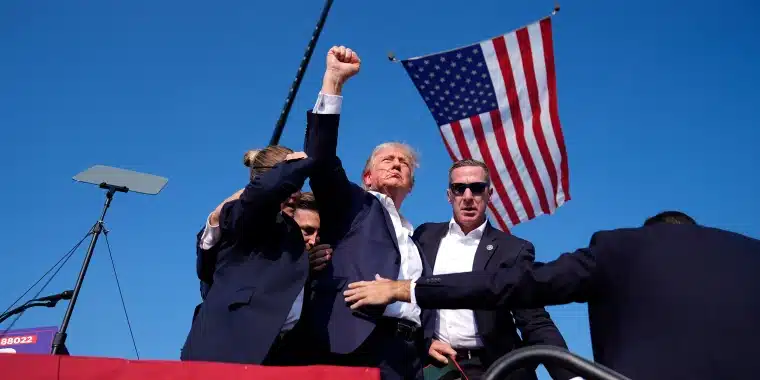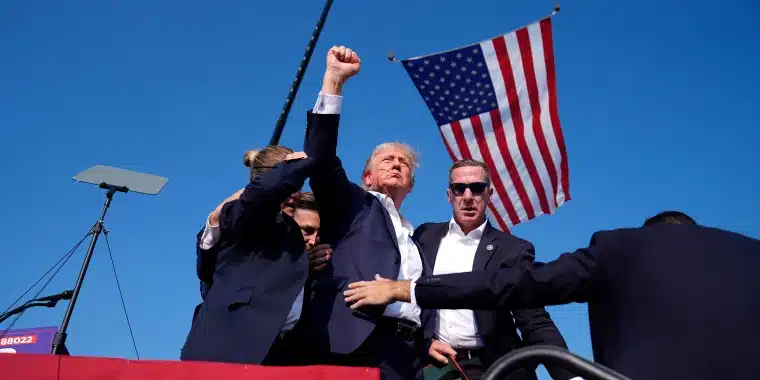
On 6 November 2024, Donald Trump claimed victory in the US presidential election, marking his return to the White House.
From firing SEC Chair Gary Gensler to adding Bitcoin to strategic reserves, Trump made several promises to the crypto industry during his campaign.
While his policies across various sectors are already a hot topic of debate, the crypto community is particularly interested in what his presidency could mean for the future of digital assets.
Let’s recap Trump’s key promises to the crypto community! Let’s explore how they might shape the future of Bitcoin, altcoins, and blockchain technology in the US.
Related: What Would a Trump Economy Look Like? Trump’s New Crypto and Economic Policies in 2 Minutes
A More Lenient Regulatory Environment
Trump’s top promise to the crypto community was to create a more lenient regulatory environment for cryptocurrencies. If implemented, these policies could lead to a more favorable climate for crypto businesses in the US. This includes:
Reducing SEC Scrutiny: Trump vowed to limit the SEC’s ability to classify many cryptocurrencies as securities, which would reduce compliance burdens for blockchain startups.
Streamlining compliance: He proposed simplifying compliance requirements for crypto companies to encourage innovation and investment in US-based projects.
Encouraging self-regulation: Trump suggested that industry-led self-regulation could be an alternative to government oversight, allowing crypto firms more freedom to operate without fear of sudden legal changes.
During his campaign, he emphasized that overregulation was stifling innovation and that the US risked falling behind other countries in the race for blockchain and crypto dominance.
He proposed reducing what he called “overzealous” regulatory oversight by agencies such as the Securities and Exchange Commission (SEC) and the Commodity Futures Trading Commission (CFTC).
Furthermore, he argued that current regulations were too restrictive and created uncertainty for businesses involved in digital assets.
Gary Gensler is done for if Trump wins today, $Cramer coin pic.twitter.com/3zB7NwOWr9
— Yourmama (@Yourmam62763713) November 5, 2024
Trump Offers Tax Incentives For Blockchain Innovation
Another key promise Trump made was to introduce tax incentives aimed at boosting blockchain innovation. According to him, the US had not done enough to encourage research and development in this area. Trump’s tax policy proposals included:
Tax breaks for blockchain startups: He promised tax incentives for new companies developing blockchain solutions or working on decentralized finance (DeFi) projects.
R&D tax credits: Trump proposed expanding research and development (R&D) tax credits specifically targeted at blockchain technology, encouraging companies to invest in innovative applications of distributed ledger technology.
Capital gains tax reductions: For individual investors, Trump floated the idea of reducing capital gains taxes on long-term cryptocurrency holdings, making it more attractive for people to hold onto their digital assets without fear of hefty tax penalties.
Protecting Financial Privacy
In contrast with some proposals for increased oversight through a national digital currency, Trump also promised to protect financial privacy for users of decentralized cryptocurrencies like Bitcoin. Some specific promises related to privacy include:
No forced KYC on small transactions: Trump vowed not to impose mandatory Know Your Customer (KYC) requirements on small-scale crypto transactions, which many users believe would infringe on their privacy rights.
Opposition to government tracking wallets: He also expressed opposition to any government attempts at tracking individual cryptocurrency wallets without due cause or legal warrants.
While it remains unclear how many of these promises will materialize into actual policy changes, Trump’s win has undoubtedly sparked renewed optimism within parts of the crypto community.
The post Now That He Has Won, Let’s Recap All The Promises Trump Made To The Crypto Community appeared first on .
